Delta 8 is a cannabinoid that has gained popularity among cannabis consumers for offering many of the same benefits as Delta-9 but with slightly different effects. Its legality is a dynamic issue that varies from state to state. While the 2018 Farm Bill helped legalize Hemp across the nation, creating a legal loophole for products like Delta 8, it only limits Delta 9 THC to 0.3%, leaving out Delta 8 and other more exotic cannabinoids.
This article will dive into the legality of Delta 8 in different states, why it is legal in some states and not others, what states allow it, and which states have banned it. Additionally, it will discuss the ongoing regulation and restriction of Delta 8 and what the future may hold for this cannabinoid.
Why is Delta 8 Legal in Certain States?
The legality of Delta 8 is a complicated issue. One reason it’s legal in some states and not others is that Delta-8 is seen as a minor player in the cannabis market and does not potentially hurt cannabis sales and tax revenue like Delta-9 does. Additionally, Delta-8 is seen as less psychoactive than Delta-9, making it less likely to be abused.
On the other hand, some states have seen Big Cannabis lobby for the regulation and restriction of Delta 8 and its respective products. One reason cited is that the unregulated Delta 8 market is siphoning away money from the Delta 9 cannabis market, which correlates to less taxable revenue for the states where marijuana sales are taxed. Furthermore, there isn’t enough research on the safety of Delta 8 because there isn’t a standard for testing Delta 8 products. There is limited research on its long-term effects, and its psychoactive nature is another reason for regulation.
What States Allow Delta 8?
Delta-8 is currently legal in 32 states: Alabama, Arkansas, Florida, Georgia, Hawaii, Illinois, Indiana, Kansas, Kentucky, Maine, Maryland, Massachusetts, Minnesota, Missouri, Nebraska, New Hampshire, New Jersey, New Mexico, North Carolina, Ohio, Oklahoma, Oregon, Pennsylvania, South Carolina, South Dakota, Tennessee, Texas, Virginia, West Virginia, Wisconsin, Wyoming, and in Washington D.C.
In two other states, Connecticut and Michigan, Delta-8 is regulated the same way as recreational cannabis. In these states, it is legal to possess, sell and consume Delta-8 as long as the Delta-9 THC content does not exceed the legal limit. Furthermore, Delta-8’s legality is unclear in these three states: Arizona, California, and Mississippi. While Delta-8 is not explicitly banned in these states, it is not explicitly legal either.
What States Ban Delta 8?
So far, Alaska, Colorado, Delaware, Idaho, Iowa, Montana, New York, Nevada, North Dakota, Rhode Island, Vermont, Utah, and Washington have all made Delta-8 illegal. In these states, it is illegal to possess, sell, and consume Delta-8.
Moreover, several states are considering banning Delta 8, making it illegal to possess, sell, and consume. States like California, Colorado, Florida, Indiana, Kentucky, Hawaii, and Texas are currently looking at making Delta-8 illegal. These states want to protect their cannabis sales and tax revenue. In Kentucky, for example, an emergency bill has been introduced that would ban the production of any “intoxicating products” like Delta 8. The bill would also include Delta 10, THC-O, THC-P, and Hexahydrocannabinol.
